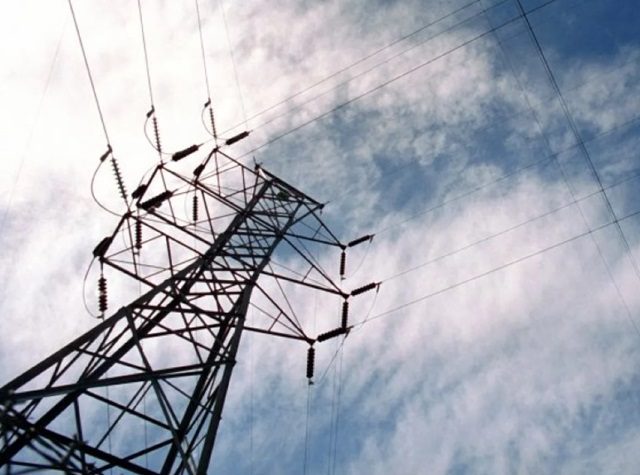BTN News: Michigan Attorney General Dana Nessel on Monday lambasted DTE Energy Co., calling the company “tone deaf” for asking the Michigan Public Service Commission to grant it waivers in response to recent power outages. Utility wants out of staying quiet, giving back outage credits that customers who don’t want smart meters could get automatically Under current state law, Michigan utility companies are required to credit customers for any frequent or leftover power-outages. Credits are $38 if a customer experiences more than six interruptions in a year and credit must be applied within 90 days of the outage.
DTE’s Request for Rule Waiver
DTE Energy, in its filing, had asked only for a partial waiver of the automatic credit issuance rule. The company has suggested that these customers would need to claim their credit if they do not have a smart meter. DTE says smart meters make outages easier to detect and improve billing accuracy, and not having that technology installed “would render it unduly economically burdensome to retrofit an automation credit process for these customers.” For that reason, they recommended that the 90-credit day window should commence from the date of application as opposed to from the date of outage.
AG Dana Nessel’s Response
In doing so, they are looking to get around state power outage rules, which has the Attorney General Nessel protesting their case quite vehemently. The proposed bill would exempt DTE from complied with the law, a move Herzberg called an overreach: “DTE’s push to chip away at public accountability measures is not unexpected, but it is excessive to try and be permanently excused from following the M.O.S. outage credit mandate, which has been on the books for 60 years,” she said.
DTE View on the Position and Technology Challenges
DTE Energy continues to stress that it intends to deliver credit outages for all eligible customers. The company said the process is automated for about 2 million customers with smart meters. Still, the 13,000 customers who have declined and maintained their original meters cannot be monitored for outages in real time because that data is unavailable to technology. DTE said the company isn’t asking for an exception to avoid issuing credits from outages, but asked that those customers be required to request the credit in order to ensure it is administered.
Cathy Kevillian, executive director of the Citizens Utility Board of Michigan
The Citizens Utility Board of Michigan, through attorney Amy Bandyk, said it stands behind Nessel. Regardless of whether they have smart meters or not, Bandyk said it should not be the customers’ responsibility to track down outages or deal with getting credit. “While providing outage credits to customers who choose not to participate in smart meters might be more difficult, customer burdens should not be shifted. The last thing customers want is for “..to have to track DTE’s failures to keep the lights on and report to the utility to get the compensation to which state laws entitle them,” Bandyk said.
Conclusion
At the same time, this dispute reflects a broader tension that exists between the operational and financial challenges of utility companies and the regulatory protection extended to consumers. At stake in the Michigan Public Service Commission consideration is a ruling with significant implications for customer rights and utility company obligations in the state.


